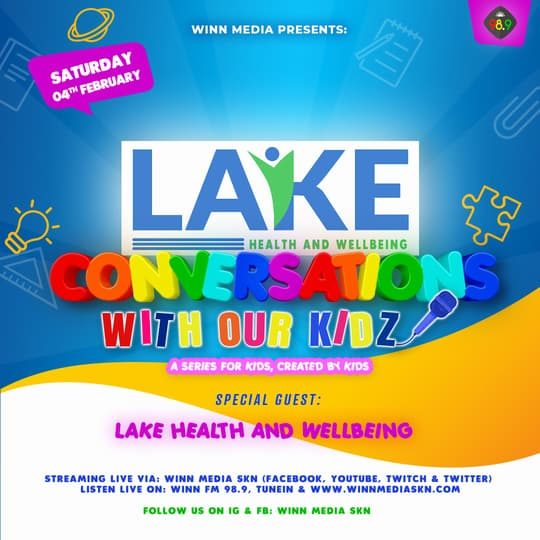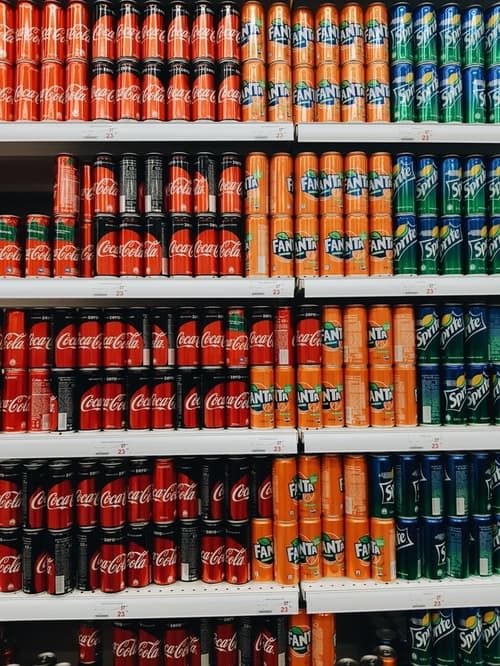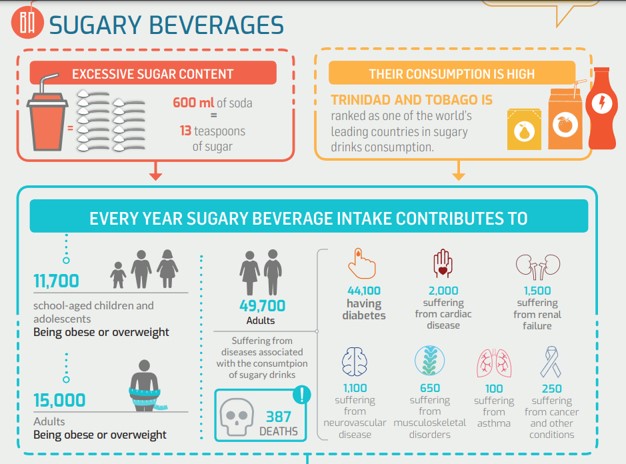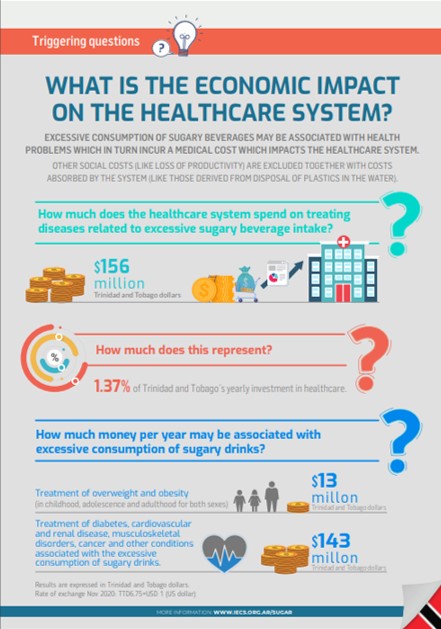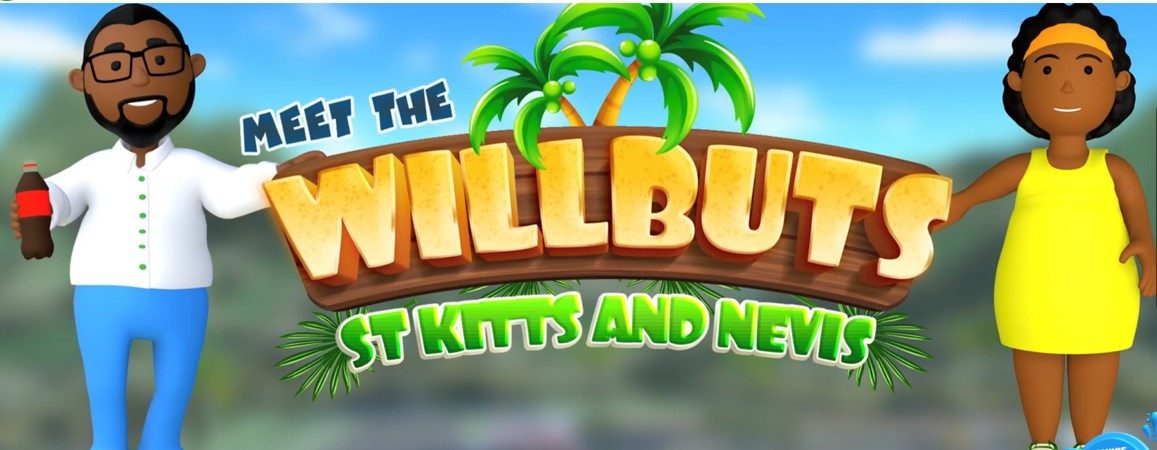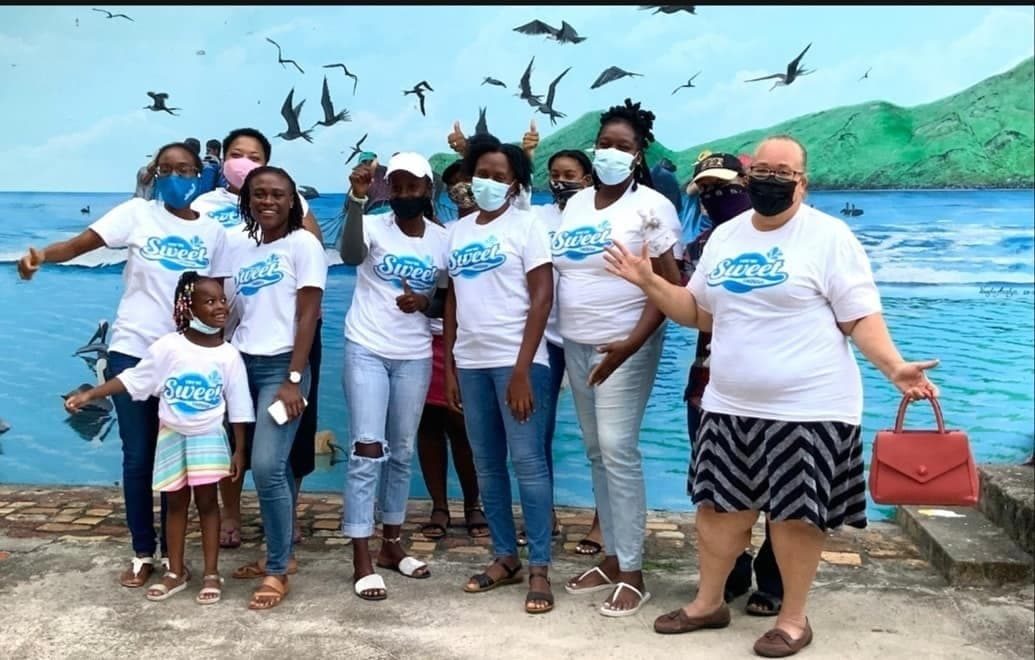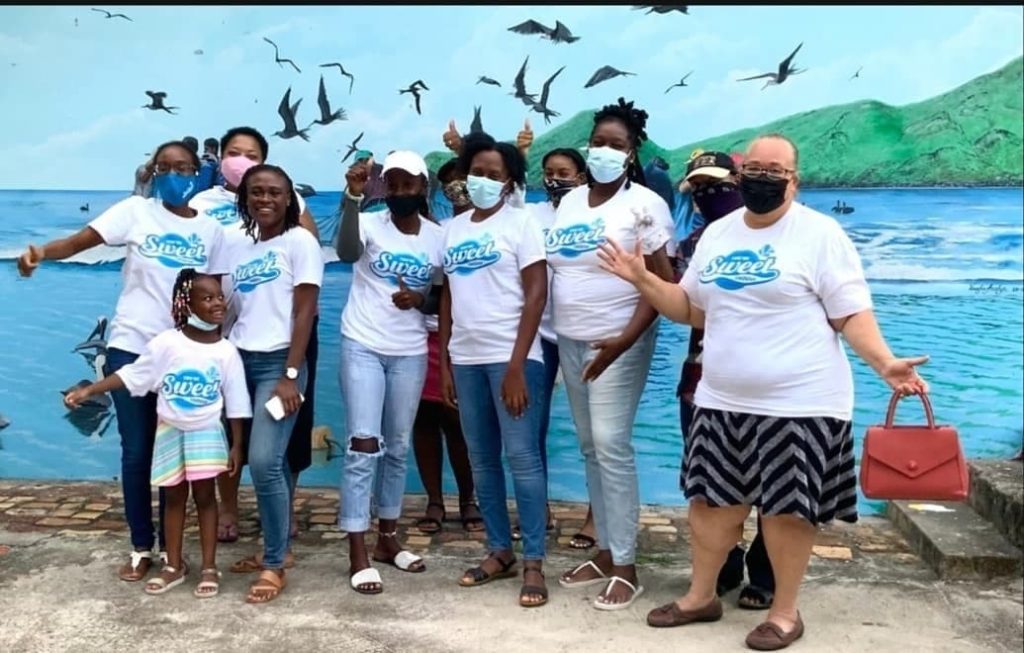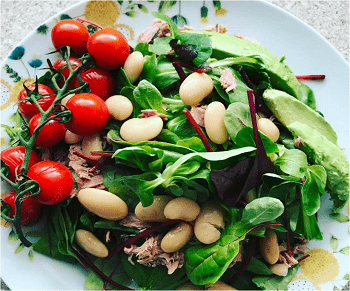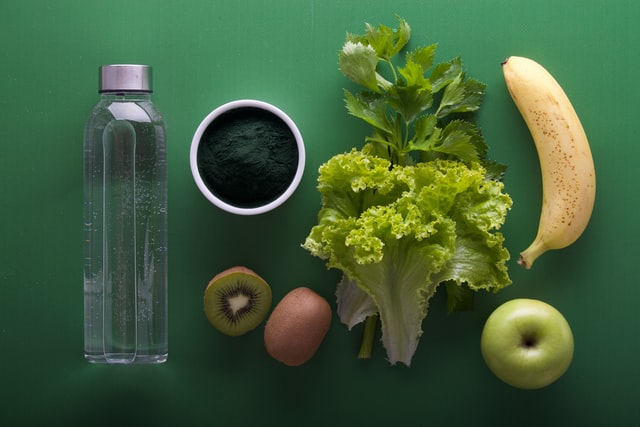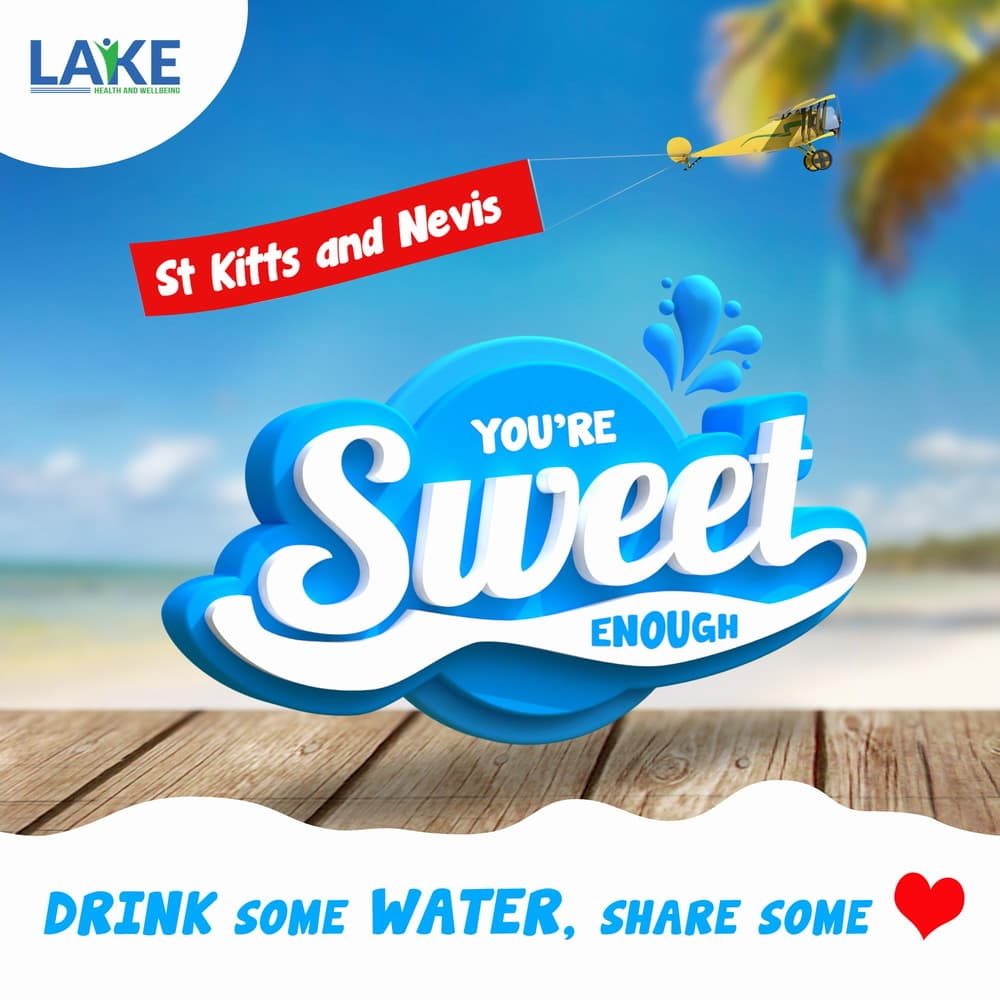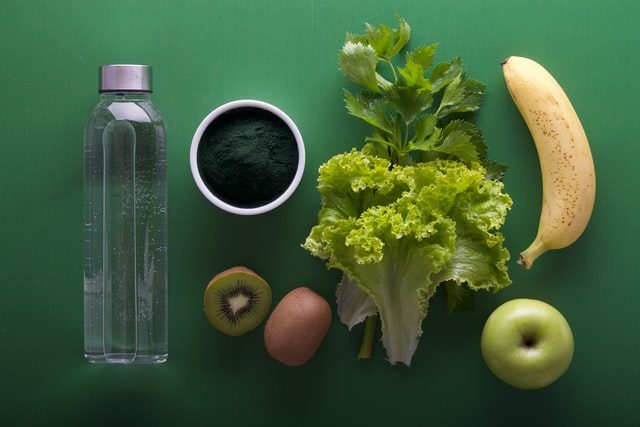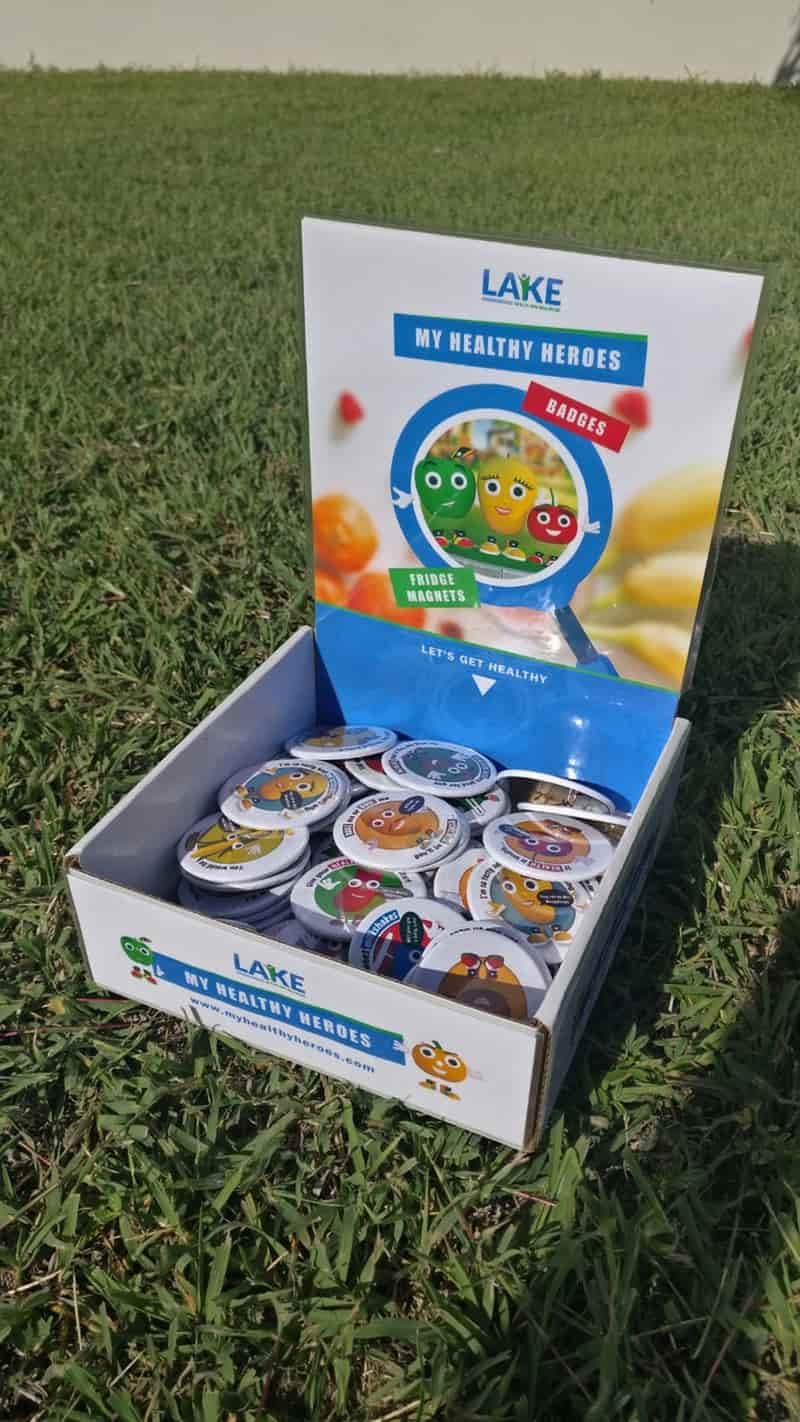Conversation With Our Kids
On Saturday 4th February, we were so happy to feature on Conversation with Our Kids, a new radio show on WINN FM which aims to give children a voice and is thus a series that is for kids, created by kids.
We had a great time on the show which started with some fun ice-breaker questions and then we transitioned into exploring healthy eating with hosts Kadique and Xzavia. During the interview we touched on the harms of overconsuming sugar, why children should eat fruits and vegetables, the long-term impact of unhealthy eating and the work that we at Lake Health and Wellbeing do to educate children about healthy eating.
You can watch the recording of the episode above and we would like to say a big thank you to WINN FM, the Conversation with Our Kids team and our wonderful hosts, Kadique and Xzavia, for their warm welcome and for giving us the opportunity to discuss this important topic.







